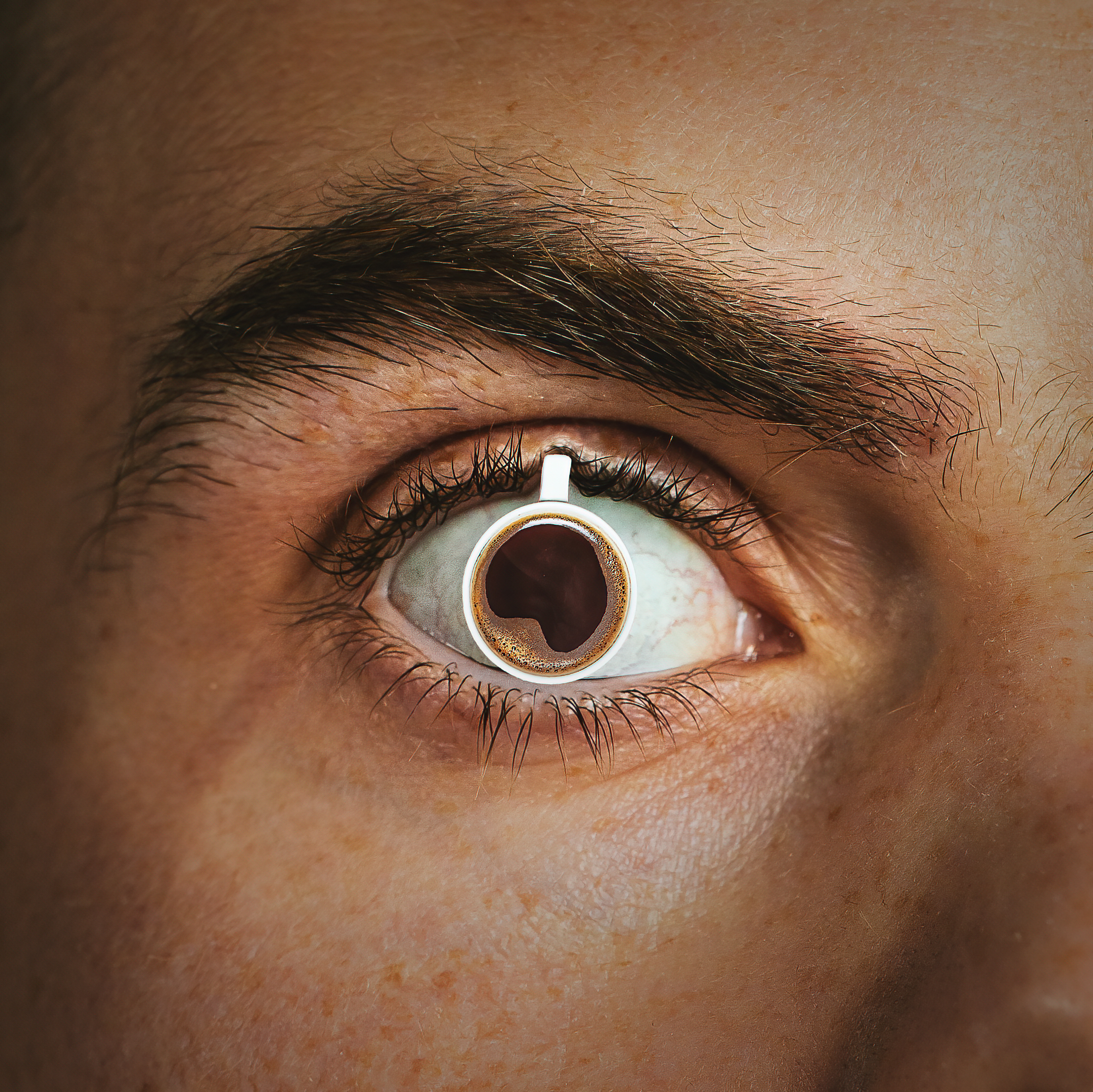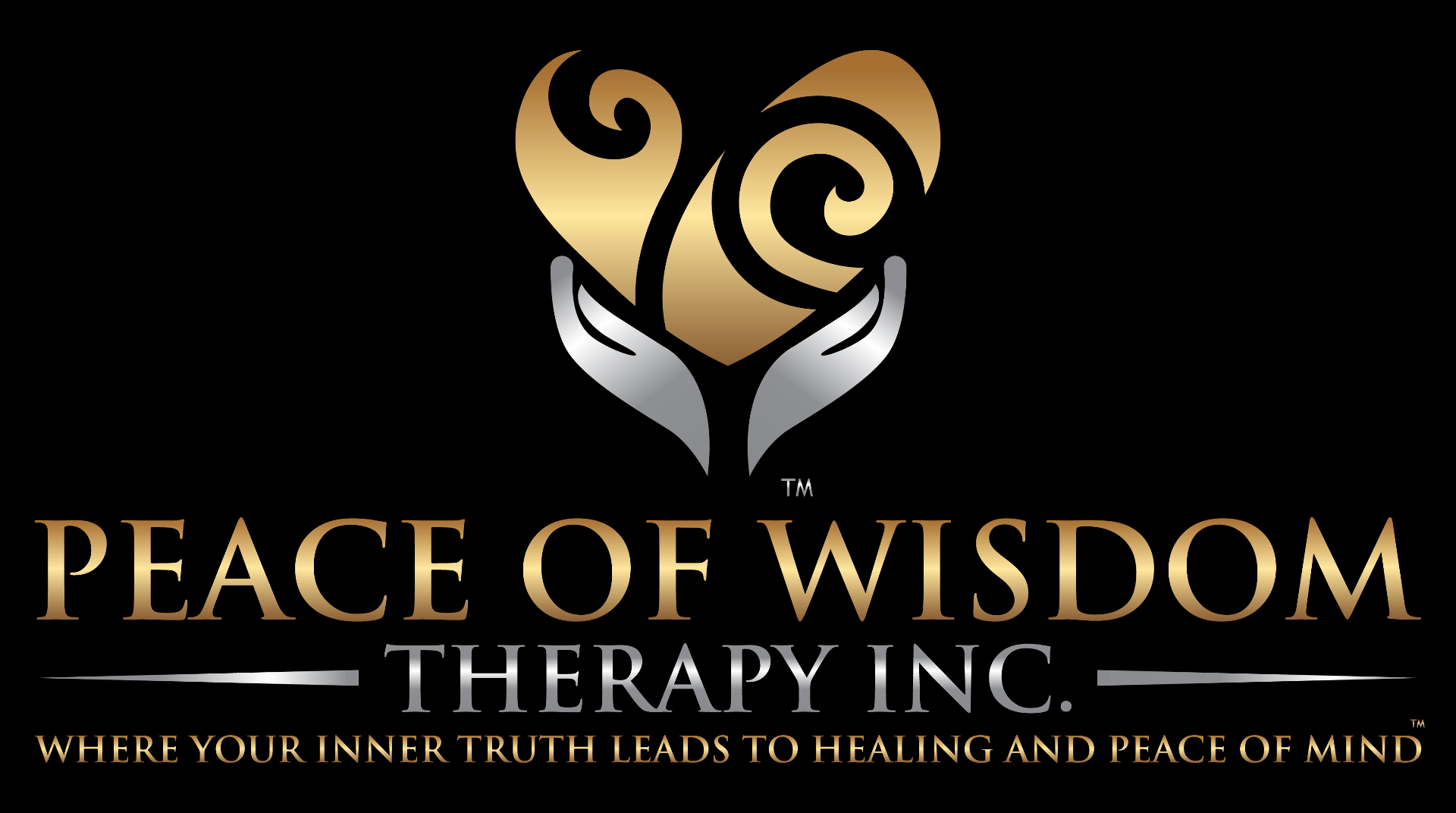Mind Body Connection: The Truth About Caffeine

Caffeine may seem like a harmless energy boost, but it can have serious negative effects on your health. Learn how caffeine harms you, and discover natural, holistic ways to stay energized.
It’s Not as Harmless as You Think
What do you do when that 2 p.m. slump hits? Do you grab a cup of coffee from the break room?
Or maybe you’re one of those people with a sign that says, “Don’t talk to me before coffee!” It’s easy to reach for caffeine to get through the day – but have you ever stopped to think about what it’s really doing to your body?
You’ve probably heard that caffeine is your best friend when you’re tired. It’s marketed as a quick, harmless boost of energy. But the reality is far from that.
Caffeine isn’t just energy in a cup. It’s actually a toxin that affects your body and mind in ways you may not realize.
Let’s talk about what caffeine really does to you and explore healthier, more natural ways to stay energized.
Caffeine Is Nature’s Pesticide
Did you know that caffeine is actually a pesticide?
The coffee plant uses caffeine to kill insects that try to eat its seeds. It even spreads caffeine around to other plants to kill them and get more sunlight.
Does this make you think twice about what’s in your cup? If caffeine can harm other living things, what is it doing to your body?
Caffeine and Your Brain
When you drink coffee, you may feel more awake. But what’s really happening is that your body is reacting to the substance.
Your brain’s blood flow drops by nearly half after just one cup of coffee. The brain even goes into “fight or flight” mode, because it sees caffeine as a threat. This makes you feel alert initially, but it’s really your body’s stress response.
Over time, caffeine use can have serious effects on the brain. Studies show that people who drink coffee regularly can develop brain damage similar to chronic smokers, alcoholics, or even those with certain neurological disorders like Parkinson’s disease. The damage is done by overstimulating the limbic system, the most primitive part of the brain that controls emotions like anger, fear, and aggression. This also limits the more advanced parts of your brain responsible for decision-making and problem-solving.
The Physical Toll of Caffeine
You know that there’s a connection between your brain and your body. And caffeine takes a heavy toll on your body.
The “fight or flight” response we talked about earlier – it flooding your system with stress hormones like adrenaline. This response can stay in your body for weeks after just one cup of coffee, keeping you in a state of heightened stress. Over time, this stress can lead to anxiety, depression, and even an increased risk of heart disease.
Caffeine also disrupts your digestive system. Ever had the urge to go to the bathroom after drinking coffee? That’s your body trying to get rid of it. Long-term caffeine use has been linked to various health problems like insomnia, headaches, and digestive disorders, including irritable bowel syndrome (IBS) and Crohn’s disease.
The Impact on Mental Health
Caffeine also affects your mind. The stress response triggered by caffeine can make you feel anxious, paranoid, or even irrational. When your brain is constantly in a heightened state, it’s harder to stay calm and think clearly. Over time, this can lead to mood swings, irritability, and even serious mental health issues like depression or anxiety disorders.
Healthier Ways to Energize
You might be wondering, if caffeine is so bad for you, how can you stay energized throughout the day? Luckily, there are healthier, more natural ways to boost your energy levels.
● Stay Hydrated: Water is your body’s natural fuel. Dehydration can make you feel tired, so aim to drink at least 8 glasses of water a day. Add some lemon or cucumber for extra refreshment.
● Get Moving: Exercise, even just a quick walk around the block, can give you a burst of energy. Physical activity boosts your circulation, delivering more oxygen to your brain and muscles, helping you feel more awake.
● Eat Energizing Foods: Foods rich in vitamins and minerals can give you sustained energy. Think whole grains, lean protein, nuts, chia seeds, and fruits like bananas and apples. These foods release energy slowly which keeps you powered without the crash.
● Mindful Breathing: Deep, mindful breathing can calm your mind and body, and give you a natural energy boost. Try inhaling deeply for four counts, holding for seven counts, and exhaling for eight. Repeat a few times for an instant pick-me-up.
● Sleep: It might seem obvious, but getting enough sleep is the most important way to stay energized. Prioritize 7-9 hours of quality rest each night. If you struggle with sleep, try creating a bedtime routine to wind down.
Now you know that although caffeine is marketed as a harmless way to wake up and get going, the truth is, it’s doing more harm than good.
From damaging your brain to stressing your body and mind, caffeine creates long-term problems that can impact your health and well-being. Instead of relying on caffeine for a quick fix, choose natural methods to energize your body and mind.
By making simple changes, you can feel more awake and alert, all without the harmful side effects.
_________________________________________________________
Peace of Wisdom Therapy is all about holistic mind and body health.
If you need some support to figure out what’s right for you, I’m just a quick consult away.


